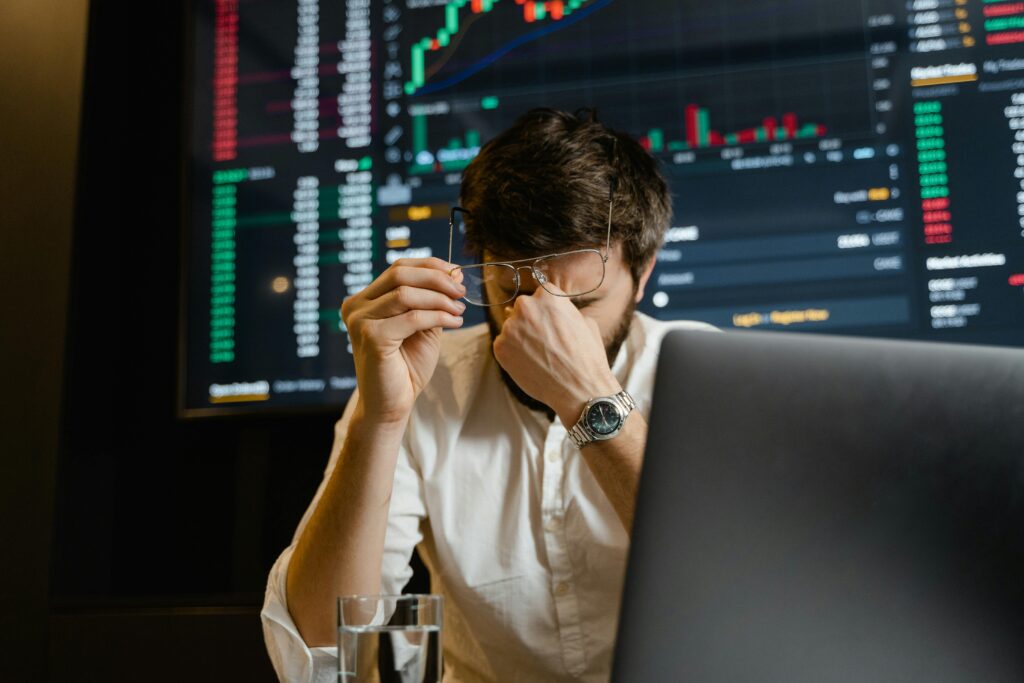In a surprising turn of events, a U.S. judge has overturned the convictions of Avraham Eisenberg, the crypto trader accused of manipulating cryptocurrency price analysis techniques to siphon $110 million from the decentralized finance platform, Mango Markets. This decision has rippled through the crypto community, raising significant discussion about ethical trading practices and risk management in decentralized markets.
Cryptocurrency Price Analysis and Market Manipulation
On Friday, U.S. District Judge Arun Subramanian concluded that the prosecutors failed to convincingly demonstrate that Eisenberg had made false representations to Mango Markets, a conclusion that challenges traditional views on cryptocurrency price analysis. The judge also acquitted Eisenberg of wire fraud charges, a move that underscores the complexities of establishing intent within crypto exchanges.
Eisenberg had managed to escalate the price of Mango’s native token, MNGO, by over 1,000% within just 20 minutes via strategic trades, subsequently leveraging the puffed-up collateral to withdraw $110 million in various cryptocurrencies. This incident surfaced debates on ethical boundaries and the robustness of cryptocurrency price analysis in decentralized ecosystems.
His defense argued convincingly that the smart contract-based platform permitted any entity to transact openly, exploiting vulnerabilities inherent in the permissionless environment. Judge Subramanian found merit in this defense, recognizing that Mango Market’s operational structure “lacked sufficient evidence of falsity” in Eisenberg’s interactions.
Although Eisenberg was taken into custody in December 2022, it’s important to note that he remains incarcerated, facing a distinct four-year sentence for unrelated guilty pleas involving child sexual abuse material.
The legal justifications spotlighted by his attorney, Brian Klein of Waymaker LLP, insisted the case was deeply flawed from its inception. Klein expressed satisfaction with the outcome, stating, “We are very pleased for Avi that the judge granted our motion and dismissed the case.”
This development invites further inquiry into the future of cryptocurrency price analysis and the boundaries of algorithmic trading, particularly in ecosystems governed by smart contracts without centralized oversight. For more on the implications of this court ruling, visit CoinDesk.
At Bakara Invest, our analysis suggests that maintaining stringent security assessments can prevent traders from exploiting vulnerabilities similar to those seen in Mango Markets, highlighting the essential need for vigilance in DeFi platforms.
For more crypto market insights, visit our Crypto News Section.
